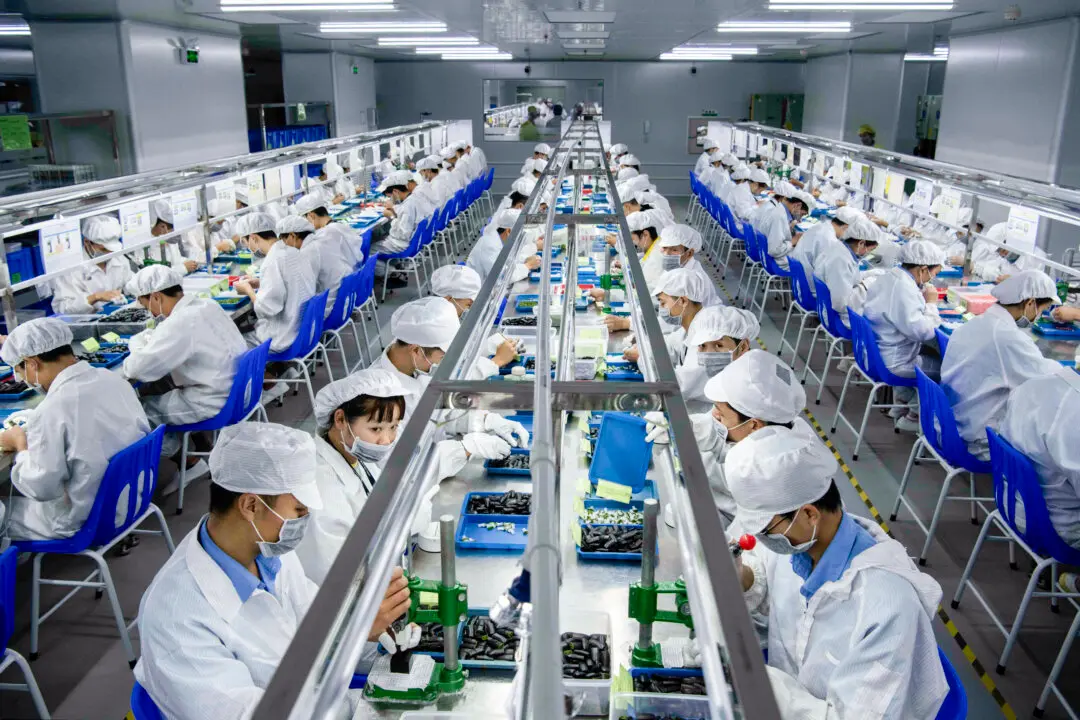Chinese police have started targeting participants of last weekend’s mass protests against the communist regime’s harsh COVID-19 policies, according to reports, suggesting the surveillance state is kicking into full gear in response to the country’s biggest display of civil disobedience in decades.
Two protesters told Reuters that callers identifying themselves as Beijing police officers asked them to report to a police station on Tuesday with written accounts of their activities on Sunday night. A student also said they were asked by their college if they had been in an area where a protest happened and to provide a written account.




